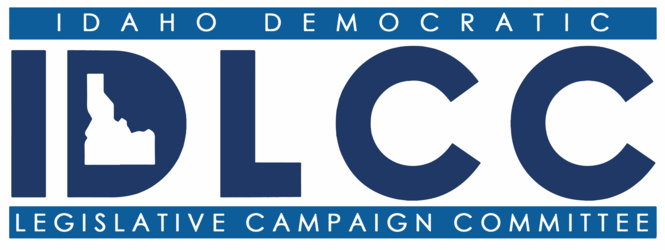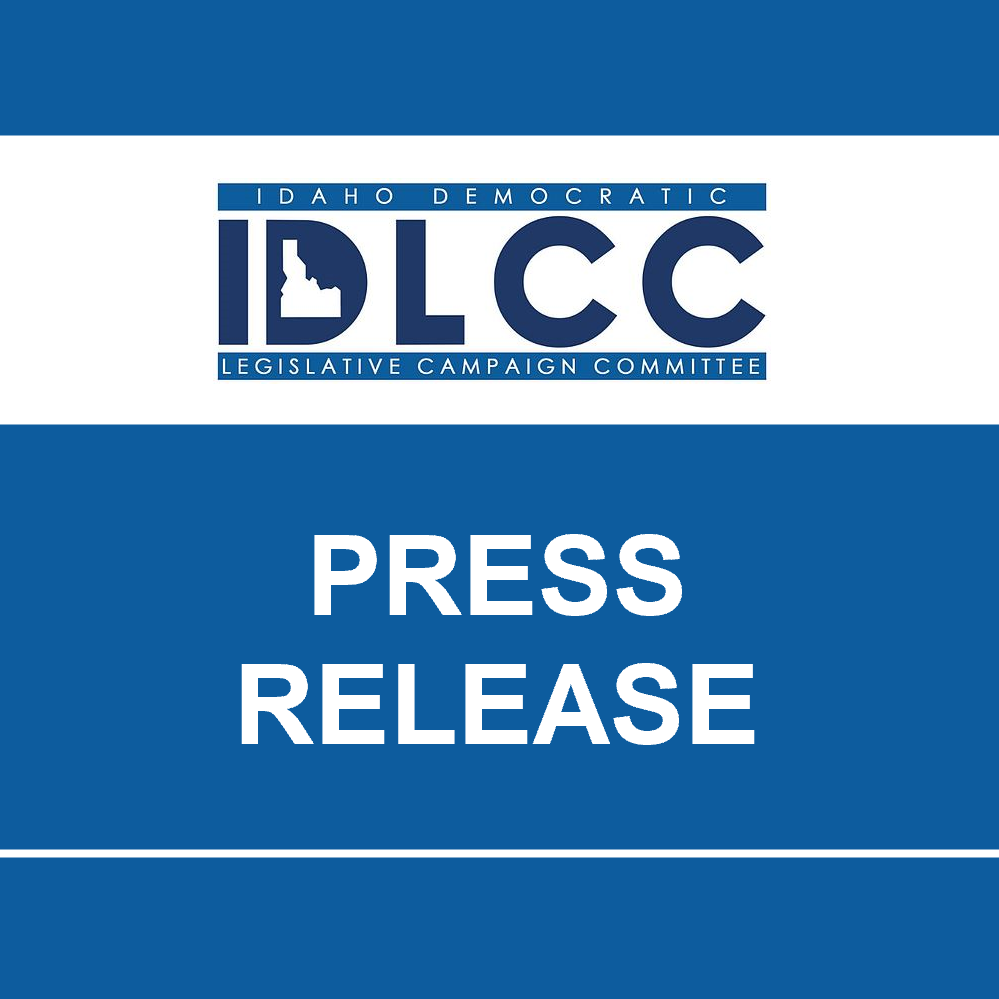The Senate State Affairs Committee heard long testimony Monday on Senate Joint Resolution 101, a constitutional amendment which would forbid the state from legalizing any psychoactive drug in the future that wasn’t already legal in 2020, including any medical breakthroughs not permitted and recognized in Idaho statute.

Sen. Michelle Stennett
Dr. Dan Zuckerman, a veteran cancer oncologist at St. Luke’s Medical Center in Boise, confirmed the passage of this constitutional amendment would reduce health care opportunities for Idahoans who are enduring severe, intense pain. Idaho’s “Right to Try” law is thought of as a way for terminally ill patients to access drugs that would otherwise be illegal. Zuckerman pointed out that isn’t how it really works, and he does not feel he can prescribe an illegal drug, such as cannabis, that will not cure a terminally ill patient for pain relief.
SJR101 permits legalization in Idaho only if approved by the U.S. Food and Drug Administration or part of a documented clinical investigation under the FDA, but cannabis is a natural plant and unlikely to be patented. The cost associated with approval also is extreme, and no pharmaceutical company is going to bear that expense without the ability to retain a patent and recoup on the investment.
If passed, the proposed amendment would effectively operate as a permanent ban on medical cannabis, and under current code, even most CBD oil, as a product containing any quantity of THC is considered a Schedule 1 drug in Idaho. These products are commonly utilized to help manage pain for cancer patients and individuals with chronic diseases and seizures.

Sen. Grant Burgoyne
Hemp and CBD oil are legal federally, as well as in most states, but not Idaho. This bill could put the state at an economic and medical disadvantage. Constitutionally prohibiting drugs that other states and the federal government have approved could compromise medical reimbursements, like Medicare and Medicaid.
We are deeply concerned about the potential medical consequences of allowing the government to prohibit a patient’s health care options. This bill would not protect Idahoans’ quality of life, but diminish it. If there were any medical advancements involving substances not yet legalized, Idahoans would not have access to it under this law. This is unacceptable and insensitive to our citizens’ health crises. We must do better.
A vote on the legislation will take place Wednesday during the 8 a.m. Senate State Affairs Committee meeting. More information can be found on the Legislature’s website.


Recent Comments